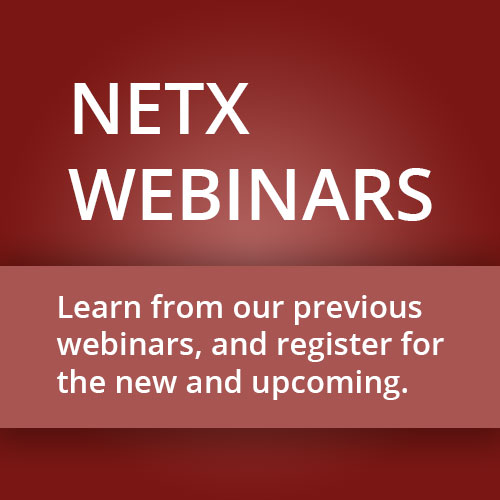Arctera InfoScale Storage 9.0 for UNIX/Linux: Administration Training Course
This Arctera course covers how to use InfoScale Storage to manage disks, disk groups, and volumes using a variety of InfoScale Storage user interfaces, including the Arctera InfoScale Operations Manager (IOM) Web console. It also discussed the basics of online file system administration and recovery from disk failures. In addition, the course covers data replication using Arctera File Replicator and Arctera Volume Replicator. The course also describes how to configure Arctera Cluster Volume Manager and Arctera Cluster File System and support for cloud environments.
Course Objectives
By the end of the Veritas InfoScale Storage 8.0 for UNIX/Linux: Administration training course, you will be able to:
- Install and configure the InfoScale Storage environment.
- Create, configure, and manage disks, disk groups, and volumes.
- Administer file systems and manage components in the VxVM architecture.
- Manage multiple paths to disk devices.
- Identify types of disk failures and how to resolve them.
- Describe concepts and components specific to Veritas Replicator, and Veritas File Replicator.
- Configure a CFS cluster according to a specified sample design.
- Configure shared disk groups, shared volumes, and shared file systems.
- Share local disks among systems in a cluster (FSS type storage support).
- Describe InfoScale support for Cloud Environments.
- Describe SmartIO support for FSS type storage in Cloud deployments.
Who Should Attend
This course is designed for UNIX/Linux system administrators, system engineers, technical support personnel, network/SAN administrators, and systems integration/development staff, who will install, configure, manage, and integrate InfoScale Storage.
Prerequisites
Knowledge of and hands-on experience with UNIX/Linux systems administration is required.
Training Course Delivery Method:
Instructor-Led Training (ILT)
Virtual Academy (VA)
Hands-On Training Course:
This course includes practical lab exercises that enable you to test your new skills and begin to transfer those skills into your working environment.
Training Course Duration:
5 Days
Training Course Start Time:
10:00 AM EST
Certified by:
Arctera / Veritas
Symantec and Veritas Full Training Course List
NetX Veritas & Symantec Professional Services





